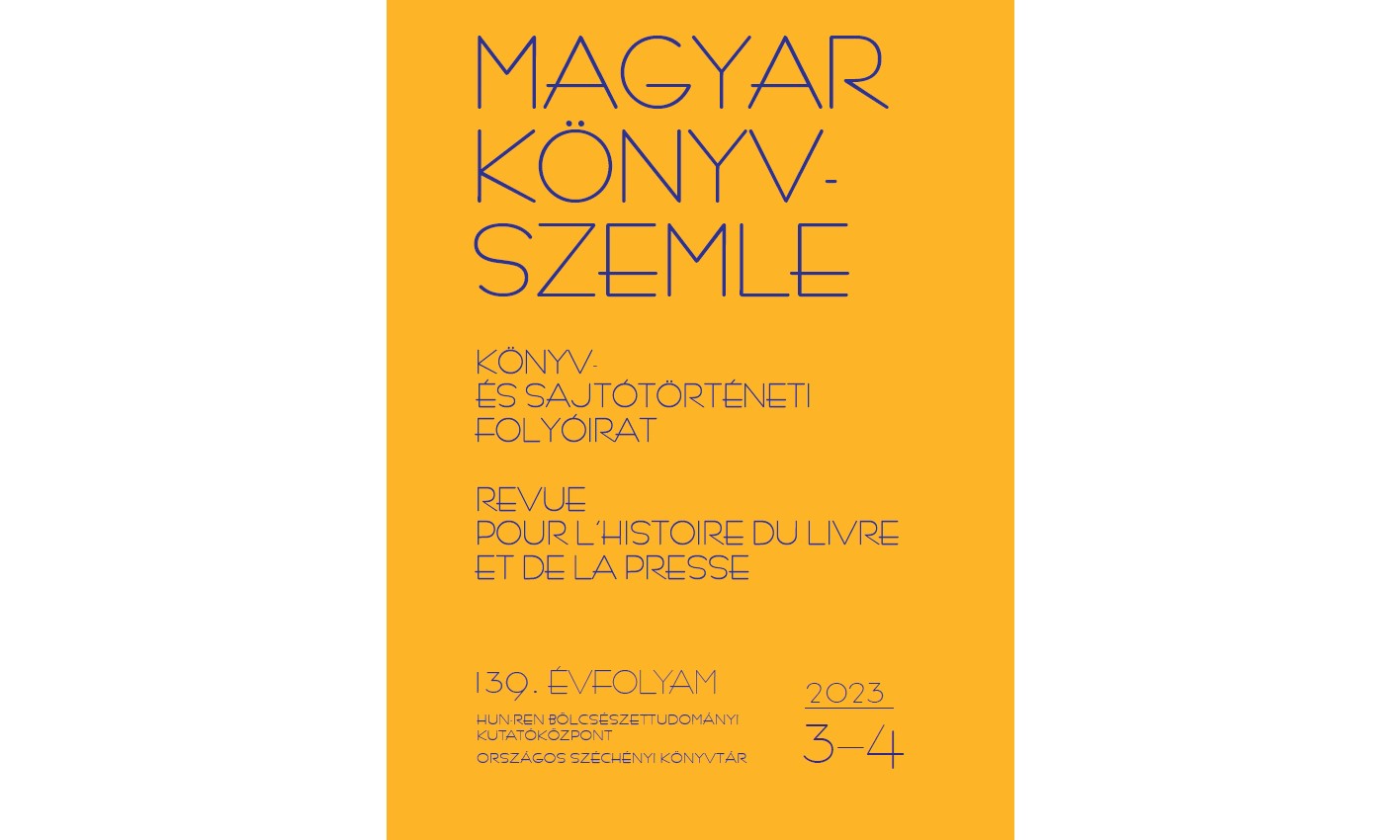“Humanitarian giddiness” and “Turkophile demonstrations”
Parallels between the British and Hungarian press and public opinion during the Great Eastern Crisis of 1875–1878
Abstract
The Russo-Turkish War of 1877–1878 and the Great Eastern Crisis were followed with great interest by the European press, including the most important political newspapers of the Austro-Hungarian Empire and the United Kingdom. In my thesis, I present the impact of the British political press narrative on Hungarian political life. The Balkan war and the prospect of Slavic unification, as well as the news of Russian intervention in the Balkans, mobilised masses in both countries. In the United Kingdom, the press was divided into two major camps: a pro-peace and a bellicose one, and the latter had a significant influence on public opinion in the Monarchy. Throughout 1876 and 1877, various committees were formed from pro-Turkish students demonstrating in the streets of Pest. Based on the assumption of the press influence of the British elite, the study focuses on the Hungarian domestic political agenda, the student protests in Hungary in 1876 and their role in domestic and foreign policy. The study also examines the relationship between the press releases that triggered the anti-Russian demonstrations in the major cities of the two countries. Finally, the study reviews the impact of British publications in the Hungarian press and on the front of domestic and foreign policy of the Monarchy.



